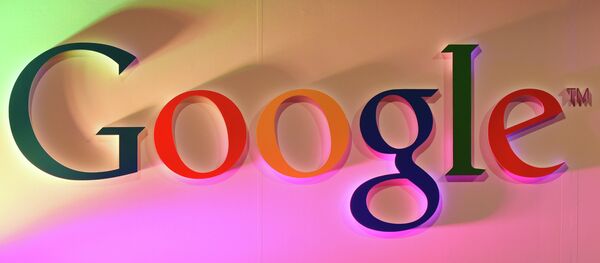Psst! Hey there, ordinary person! Are you a victim? More importantly, are you a victim of propaganda? Of ideas and thoughts that might be unfamiliar to you? Most importantly, are you a victim of cultures, concepts or opinions from outside the cherished borders of your homeland?
Have we got what you need now!
Facebook, the world's biggest social media platform, will take it upon itself — with a healthy push from some electable lawmakers on Capitol Hill — to provide a way to instantly know if its US-based users have been targeted by fake news, particularly in the form of those now notorious Russian ‘troll factories.'
The social media giant is set to soon roll out a new software tool that will appear on a user's' page, acting as a form of cultural prophylactic to the unwanted advances of — specifically — Russian-based propaganda websites.
Facebook has announced that the software will "protect our platforms and the people who use them from bad actors who try to undermine our democracy," cited by a carefully-worded article from the New York Times.
The tech company claimed that an estimated 29 million Americans viewed in their personal news feeds ‘content created by Russian agents,' as Nytimes.com put it.
Facebook then posited that a round figure of 126 million posts attributed to those same Russian ‘bad actors' were linked or shared by users, presumably US-based. That number was guesstimated to soar to 150 million when Instagram posts were factored into the equation.
The company asserted that 10 million users were subject to advertising on Facebook ‘purchased by the Kremlin' on election day 2016, according to Nytimes.com.
Facebook spokesman Andy Stone said that he hoped that the new tool would assist in helping those Americans who may not be aware that a site they are liking was created by Russian ‘agents,' acknowledging earlier remarks by company executives that it was unlikely that Facebook had the manpower or the corporate will to contact every single user who is a US citizen to warn them that they had been exposed to Moscow propaganda.
To hear information experts tell it, controlling the global spread of opinions that reflect that of their authors — alongside attempting to silence those that seek to sway the thinking of others — is like nailing jello to a tree: it's messy, it's a waste of time, and ultimately it fails.
"People are much more affected […] when a trusted friend shares it on their Facebook page," asserted New Knowledge spokesman Jonathon Morgan. His company, which tracks the way information migrates online, suggested that, "People don't know the extent to which they are influenced by what their trusted social circles post," cited by Nytimes.com.
But the ability to think for oneself, to be able to filter information while recognizing that those hundreds of millions online have unique voices, is not a subject that is regularly considered when addressing propaganda.
In commenting on Brexit in 2016, UK parliament member David Davis unknowingly codified current opinion on the purported effect of Russian propaganda by asserting that, "establishment groupthink on the central issues of the day has too often got it not just wrong, but spectacularly wrong," cited by The Guardian.



